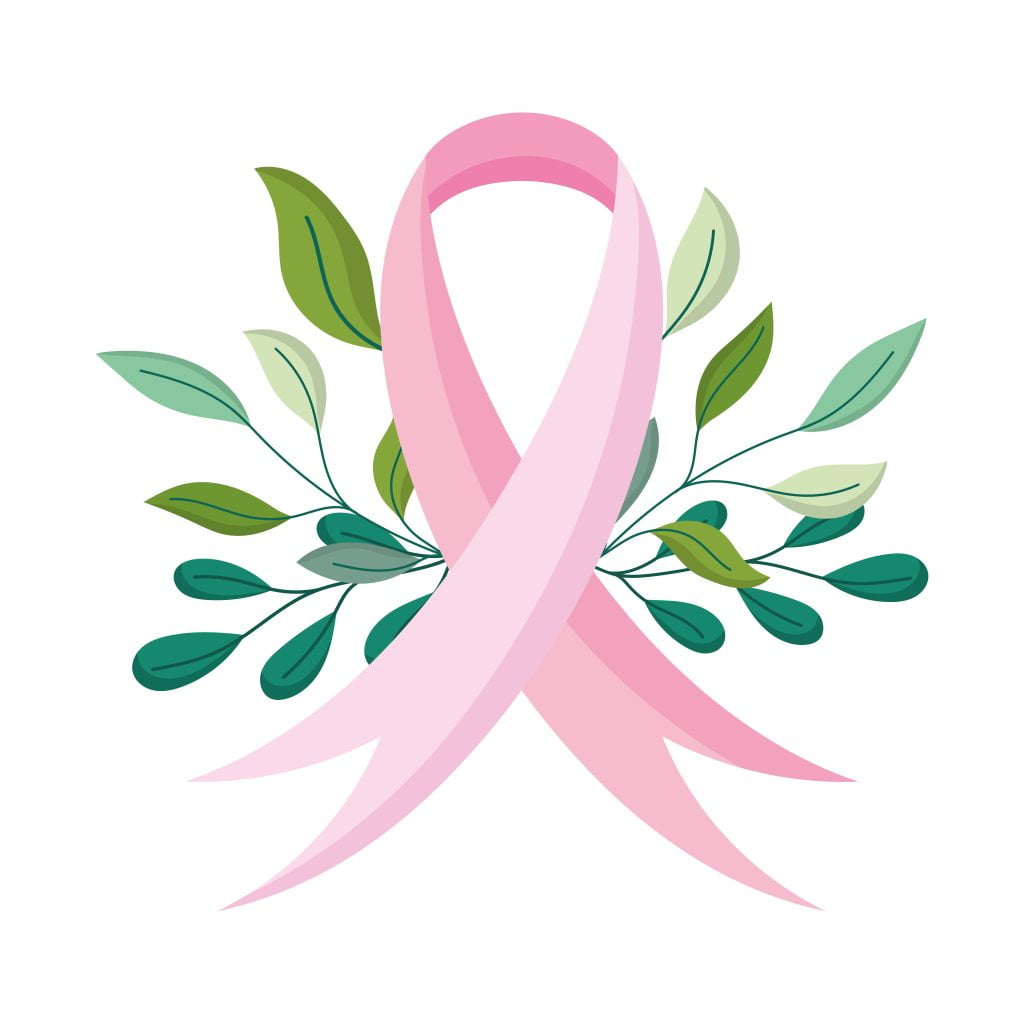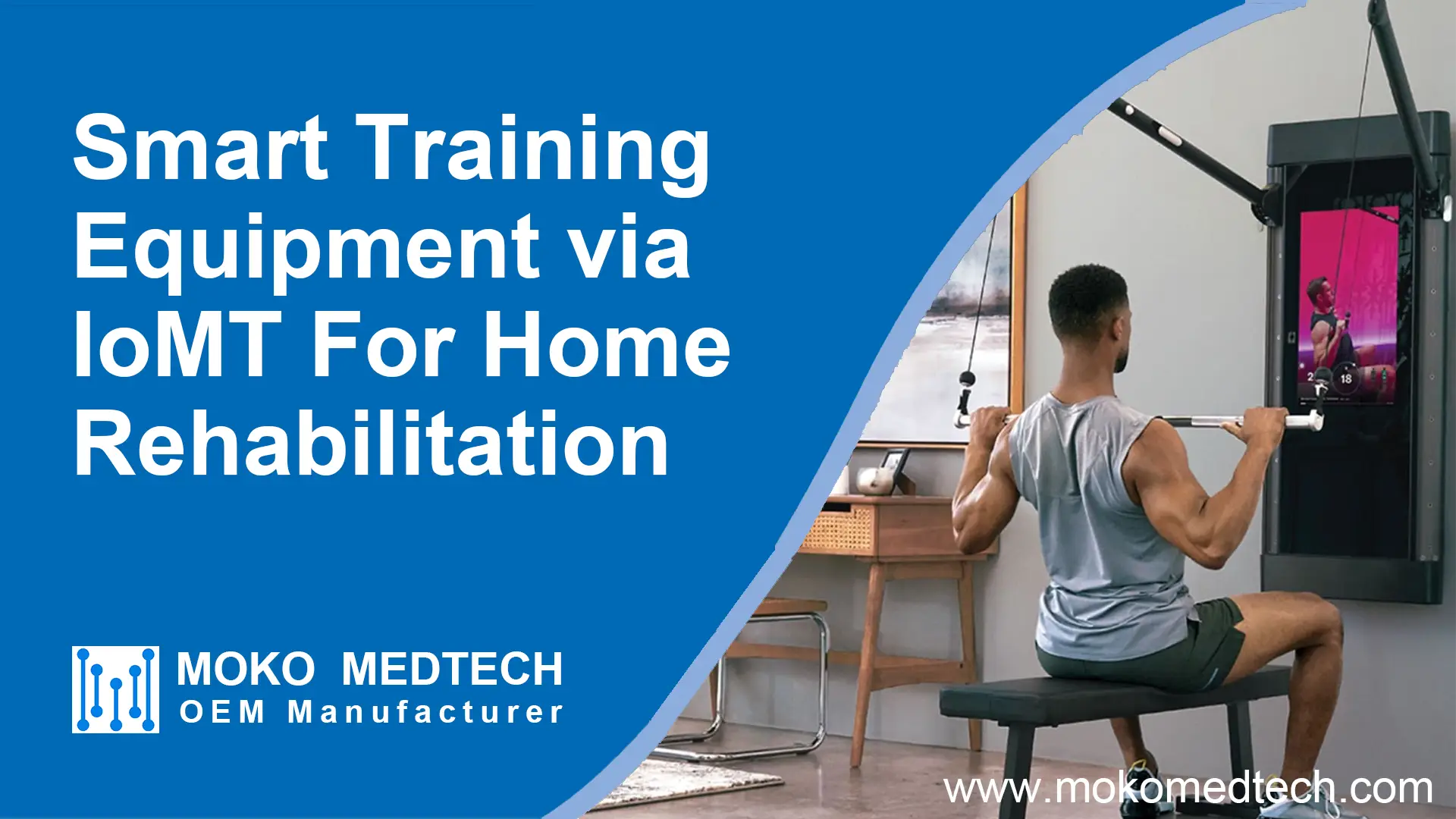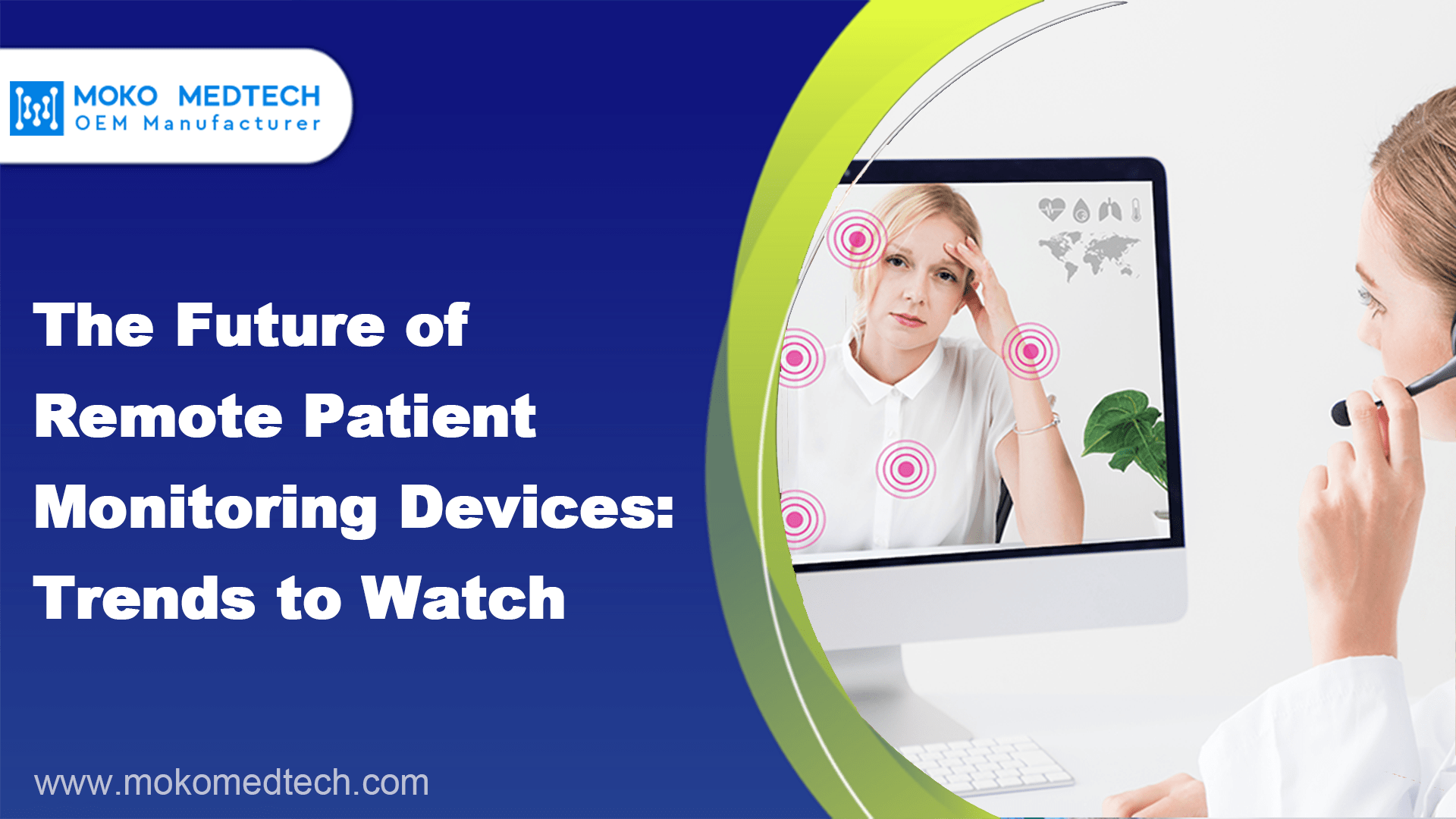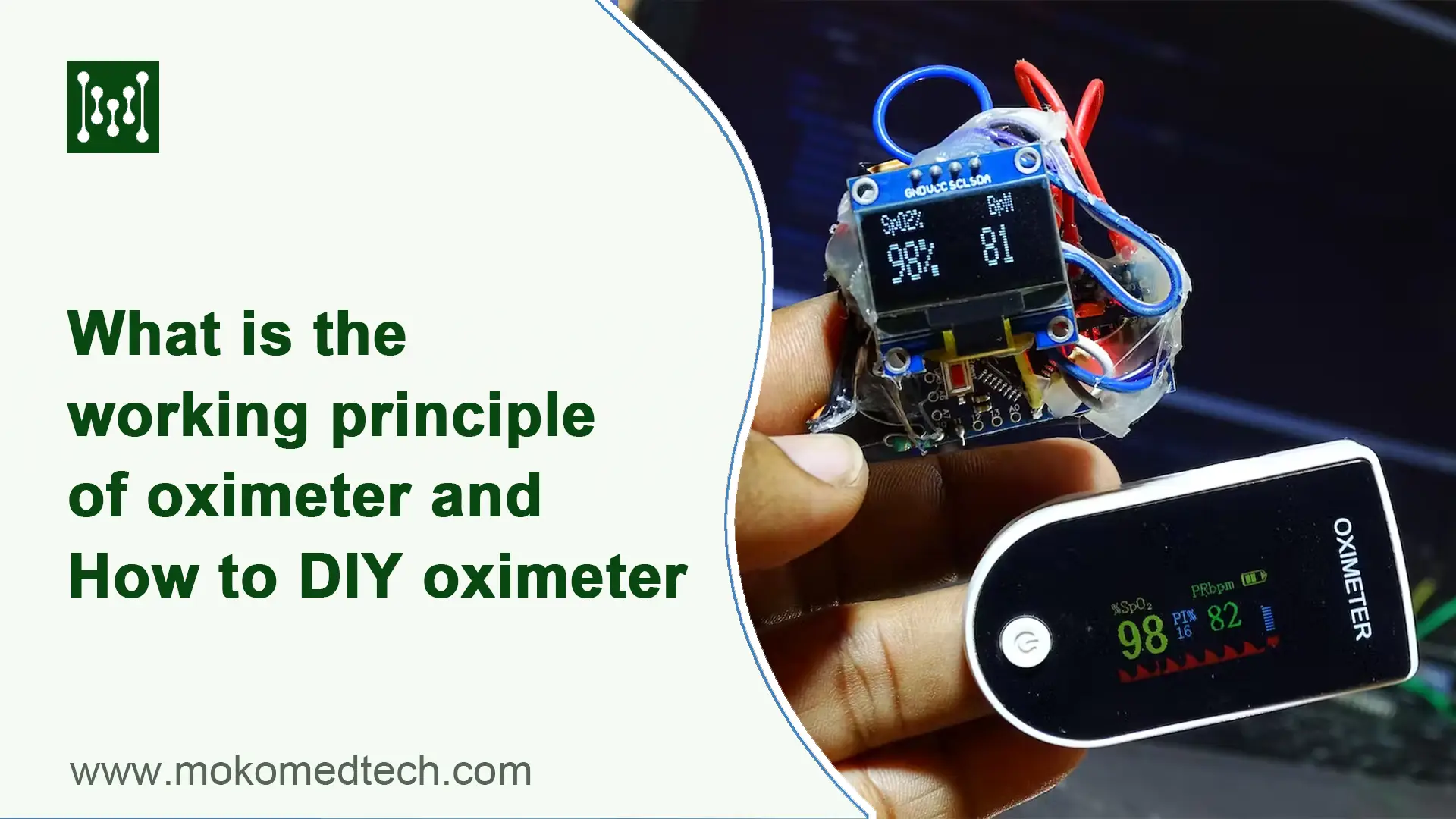The COVID-19 pandemic and healthcare crisis have brought digital health into the spotlight. At the same time, Femtech has begun to attract more attention and discussion. Previously, women’s health was usually categorized under reproductive health. However, women’s health is more than just reproductive health. Women have long received care and treatment “designed for men, or designed by men”. In the age of precision health, it’s time for women to receive gender-specific treatment and care.
Women have a much more difficult time defining their bodies in the medical field than men do. Many female-specific conditions, such as endometriosis, polycystic ovary syndrome, premenstrual dysphoric disorder(PMDD), and vaginal cramps, are not fully recognized. Inequality between genders leads to significant health risks for women. Because the summary of symptoms does not consider the differences between genders, it is easy to make errors in the treatment. Because the summary of symptoms does not consider the differences between genders, it is easy to make errors in the treatment. In the case of heart disease, for example, there are differences between the symptoms of women and those of men. If the same treatment is used, it is likely to have serious, even life-threatening effects. But the good news is that the impact of this gender disparity is gradually narrowing, as more and more tech companies are driving femtech growth.
Defining Women’s Health
Women’s health is often thought of as just women’s reproductive health, but in fact, women’s health should have a broader definition. The World Health Organization (WHO) defines health as not only the elimination of disease or infirmity but a state of complete physical, mental, and social well-being. Women’s health includes not only maternal health, childbirth health, female reproductive health, breast health, and endocrine health, but also health related to all aspects of women. There are a number of diseases that occur in both men and women, such as cardiovascular disease and osteoporosis, that show different symptoms in women than in men. Gender differences between men and women affect all tissues, organs, and body functions of the individual. These differences can affect the prevention diagnosis and treatment of disease.
Women will face many unique health issues, including the menstrual cycle, pregnancy, birth control, climacterium, and more. According to the WHO, breast cancer and cervical cancer are the two most common types of cancer in women. One-third of health problems among women aged 15 to 44 are due to sexual and reproductive health problems. And about 830 women worldwide die every day from complications related to pregnancy or childbirth. Most deaths are preventable with access to quality care during pregnancy, labor, and delivery, and after delivery. There are also issues that are more common in women, such as mental health, where women are more likely than men to experience symptoms such as anxiety and depression, especially during pregnancy and after childbirth.
When considering women’s health, McKinsey combines female-specific conditions (whether related to female fertility or other aspects of female biology) with general health conditions that may have a differential or disproportionate impact on women. [Table 1]

Femtech for Women’s Health
Although FemTech has only been around for a few short years, it has already seen tremendous innovation. The rapid development of digitalization, the popularity of personalized medicine, and the COVID-19 pandemic have accelerated the rapid growth of FemTech. Solutions are emerging in a variety of areas, from fertility monitoring to cancer diagnostic solutions. In addition to reproductive health, pregnancy and nursing care, there is a growing interest in providing comprehensive and personalized care for women of all ages. Currently FemTech has evolved into a robust ecosystem of startups and more established technology companies creating products or services to meet women’s medical and health needs.
Global investment in FemTech has been gradually increasing over the past few years. FemTech has been proven to help doctors and scientists better understand women’s health and develop new therapies that may affect their diseases. It also helps women better understand their menstrual cycle, changes in hormone levels at different stages, as well as family planning, changes in menopause, and even advance prevention of diseases such as breast cancer. Understanding the application scenarios of FemTech can help us better understand the industry, including what pain points it addresses for women’s health and how to solve them with the help of technology.
1. General Health Care
Including health promotion, preventive care (immunizations, general health examination), hormonal health, treatment of acute and chronic diseases, autoimmune diseases, breast and ovarian cancer, and appropriate referrals for more specific needs when needed.
2. Sexual Health
This category focuses on the physical, emotional, and psychological aspects related to sexuality and intimate hygiene. Sexual health is another growing area where new mobile app solutions can help women access innovative hardware for contraception to achieve orgasm. It also provides prevention, detection and treatment of sexually transmitted diseases, as well as access to sex education tools and resources.
3. Menstrual Health
Including products, services and initiatives that address menstrual issues in the four phases of the menstrual cycle (menstrual, follicular, ovulatory and luteal phases) to achieve complete physical, psychological and social well-being. This category also includes innovative, natural and sustainable feminine care products such as sanitary pads, tampons, menstrual cups and menstrual physiology underwear.
4. Reproductive Health and Contraception
Including fertility solutions and tracking, contraception, home fertility monitoring, ovulation and pregnancy testing, and products and services, software and app for polycystic ovary syndrome(PCOS) patients to address infertility issues.
5. Pregnancy and Care
Including a variety of solutions related to maternal, fetal and newborn health. This category includes solutions to reduce maternal and child mortality, premature birth, prenatal genetic screening and carrier testing, women’s physical and mental health during pregnancy, postpartum and childcare, breastfeeding education, child feeding and health status monitoring.
6. Pelvic and uterine health
It includes solutions to improve the pelvic organs. The pelvic organs play an important role in women’s physical, mental, social and sexual health. This subcategory includes preventive care, treatment, diagnosis, testing and screening of the pelvic organs (uterus, cervix, ovaries).
7. Mental Health
Mental health includes technologies and software that improve emotional, psychological and social well-being. These will affect the way women think, feel and behave. Companies in this category also help identify how women deal with stress, get along with others, make choices and empowerment solutions.
8. Menopause
The FemTech startup addresses menopause symptoms in an innovative way to improve the lives of those going through menopause and to better predict when menopause may be reached. There are also predictions about how menopause will be affected by the experience of other phases of life (menstruation, childbirth, pregnancy, etc.). And to provide better community support for the menopausal population.
9. Lifespan
This includes technologies and software that improve women’s healthy lifespan and extend their lives. This subcategory includes solutions for detecting, monitoring, and treating chronic diseases and biometric and lifestyle solutions.
10. Women’s Health
This includes innovative feminine care products (with the exception of menstrual products), nutrition and fitness solutions, and products that encourage a holistic approach to wellness. Nutrition & Fitness includes solutions specifically for women, with a focus on fitness apps that adjust workout content based on health stages, and nutrition programs/apps that address the realities of women’s health. From the product perspective, the types of products (broadly defined) involved in the industry include consumer products, devices (including wearables, hardware, etc.), apps/software, digital platforms, diagnostics, telemedicine, drugs/vitamins/supplements, related services, etc.
The New Era of FemTech

McKinsey & Company did research and analysis on the FemTech market. And in a research report published in February 2022, mentioned that more than 70% of the 763 FemTech companies analyzed had at least one female founder.
A more inclusive and gender-aware healthcare system across the value chain can help or support more women to become inventors, investors, doctors, founders, or just healthier people who can help solve other people’s health problems.
Adding more women’s voices to the various stakeholders across the industry can create more consumer-centric products and solutions that identify and target the specific healthcare needs of women. In fact, this market is not just for women-only consumers, but also for payers and providers seeking better products and tools to interact more effectively with female end-consumers. FemTech solutions are not only a commercial success but are also creating the conditions for continuous innovation.
Women are not just consumers. They are often the primary decision-makers for household healthcare expenditures as well. Therefore, access to better health for the female population can also lead to improvements for society as a whole. The rapid development of the FemTech industry also represents the rise of female power. We hope that the ultimate goal of this industry is to truly solve the pain point needs and help the female population to have a better health experience in several critical stages of life. So that the industry will be full of greater possibilities.
References:
The dawn of the FemTech revolution–McKinsey&Company: https://www.mckinsey.com/industries/healthcare/our-insights/the-dawn-of-the-femtech-revolution












